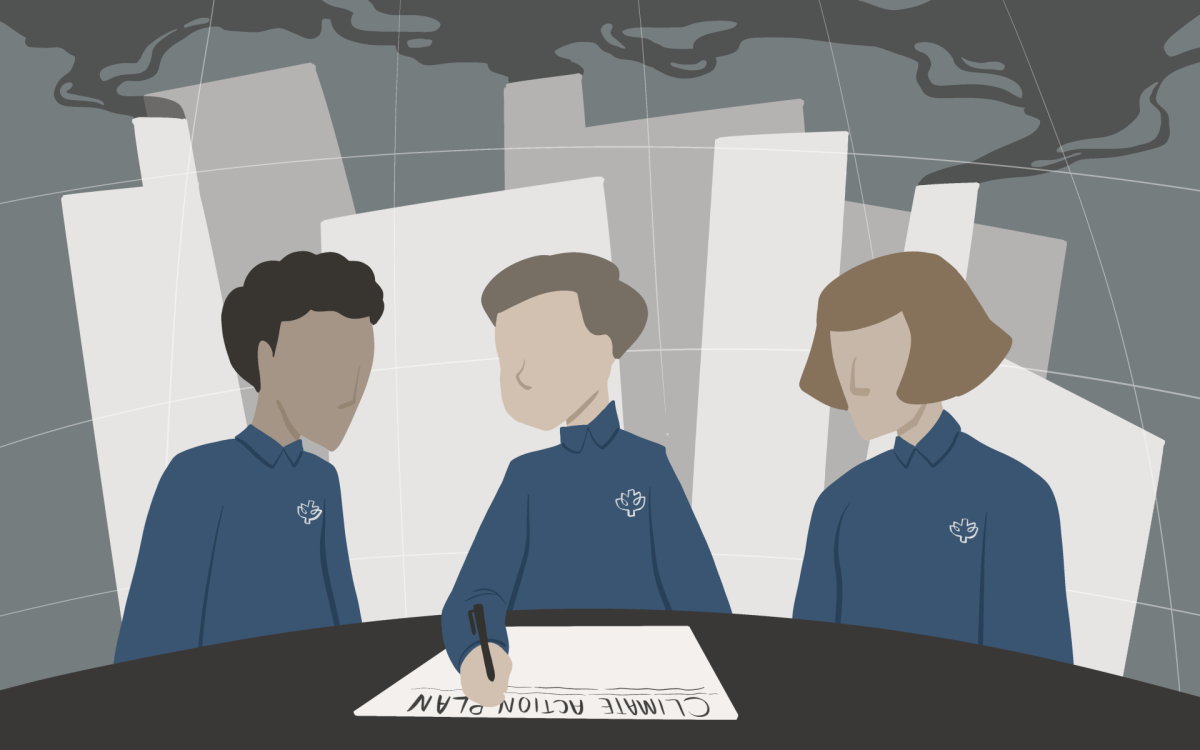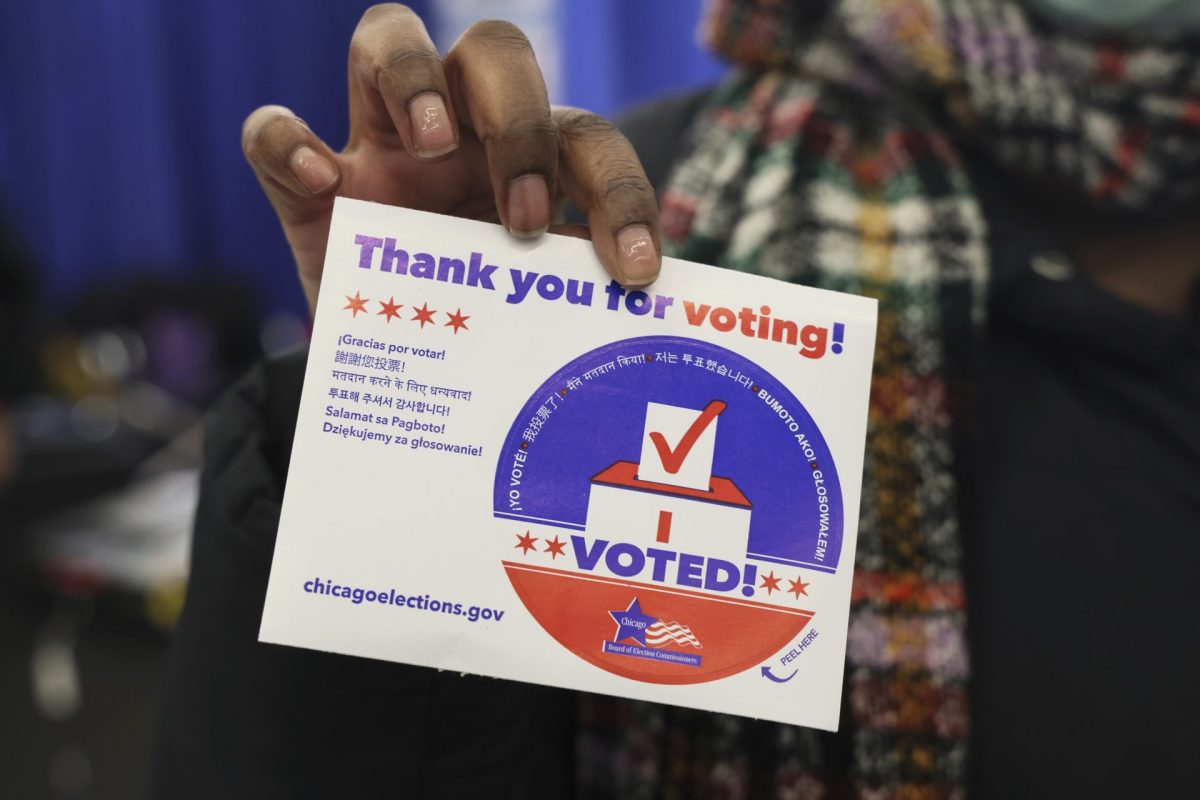ξ
DePaul students in French 321 and German 321 – translation classes – are celebrating the 50th anniversary of the signing of the ’ÛÎ_lys’ÛΩe Treaty by helping to translate the treaty’s website into English.
Clara Orban, a French professor at DePaul and the chair of the Department of Modern Languages, used her connections with the French and German consulates in Chicago and volunteered her students to help with the translation as their final project.
“As a pedagogical strategy, I think it’s important for me, as a professor, to give real world practice as they’re learning a language,” said Orban.
The ’ÛÎ_lys’ÛΩe Treaty was signed Jan. 22, 1963, as a sign of reconciliation. After two World Wars and decades of violence and tension, the treaty was meant to signify unity between the two countries in the rebuilding of Europe.
The treaty’s website contains background information on the treaty and the eurozone. The implications of the students’ work will not be limited to a letter grade on their college transcripts, as it will be used as the official translation for the website with the students’ names listed as translators.
Eugene Sampson, the professor who is teaching German 321, sees the translation project as mutually beneficial. He said the students will learn about grammar, expression and target audiences, but other communities will also have an opportunity to learn.
“In translating a selection of these texts into English, Germany and France have their audience expanded to speakers of English around the globe, which increases the amount of people that can learn more about the benefits the treaty has brought to Germany and France,” said Sampson.
Angela Lorenzo, a sophomore psychology student, is taking Orban’s French class as part of her minor in French. Lorenzo signed up for the class because of the experience and applicability to the real world, but she admitted a translation of this scale will be a challenge.
“I think it’s going to be tricky,” she said.
Two French students will work with two German students throughout the quarter, culminating in one big work day at the end of the quarter to complete the translation. Then students will compare their results and work with Orban and Sampson to produce the best possible translation.
“We’re all really excited and honored, as undergraduate students, to be able to do this,” said Sage Bachmann, a senior Spanish major and French minor.
The French and German communities of Chicago are excited as well. The consuls general of France and Germany in Chicago spoke to DePaul students in McGowan South Feb. 6 about the treaty, Franco- German relations today and the European Union.
The ambassadors of France and Germany to the United States were also scheduled to visit DePaul Feb. 8 to thank the translation students for their work, but due to bad weather their flight was delayed and they were unable to make it.
Orban, Sampson and their students expressed excitement nonetheless at the opportunity to work on the translation project and be a part of something big.
“What it means for DePaul is that we have the opportunity to strengthen the university’s ties to the global community here in Chicago,” said Sampson. “And not as spectators, but as participants. Our students (are) working with and on behalf of the motor of the European Union.”







